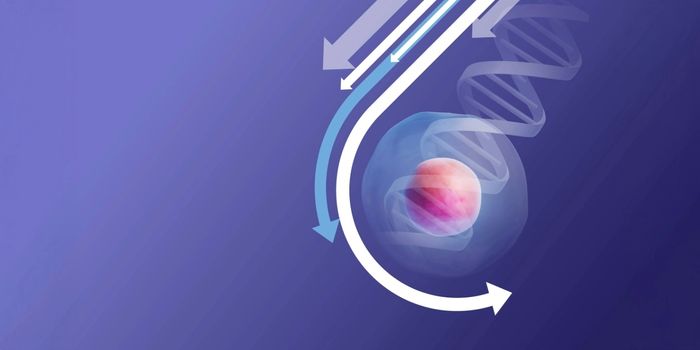After receiving a bone marrow transplant, a 46-year-old man reportedly acquired a new fruit allergy to kiwis. The mystery of where the allergy originated had a likely answer: the donor of the bone marrow transplant was the man’s sister, who happens to be kiwi-allergic. In analyzing this case, researchers offered the
first conclusive evidence of an allergy transfer originating from donor cells.
As part of the therapy plan for his leukemia, the male patient was treated with high doses of chemotherapy to destroy the cancer cells. Subsequently, he needed a bone marrow transplant to replace the population of hematopoietic stem cells in the bones. Luckily for him, his sister was a match and the transplant was a success. But after he experienced newly acquired oral allergy symptoms induced by kiwis, doctors suspected that his sister’s donor cells were the culprits for the reaction.
To prove this, doctors obtained cells from the patient’s blood that were cross-reacting and producing antibodies to kiwi extracts. They then used fluorescent in situ hybridization (FISH) to show that the antibodies originated in his sister’s donated hematopoietic stem cells, which repopulated in his bone marrow.
"FISH analysis proved that hematopoietic cells of the male recipient completely originated from the female donor," said the researchers in their report. The evidence dismisses transient antibodies that could have been transferred during the transplant, but rather implicates actual donated cells that still produce the antibodies in a different host. A likely consequence of this finding is that the acquired allergy will most likely be long-lasting.
This is not the first instance of surgery-related allergy transfer. Just last year, doctors reported a boy who developed allergies to fish and nuts following a
blood transfusion. Allergies are caused by the immune system over-reacting to seemingly innocuous allergens, like tree pollen, dust, cat hair, or kiwi fruits. But why these reactions occur and how they can be transferred is still being intensely studied.
In the case of the kiwi allergy, researchers have learned how acquired allergies can be sustained over a long period of time, as the antibody-producing cells in the man’s bone marrow all come from his kiwi-allergic sister. Interestingly, this case also has researchers probing the converse situation: if allergies can be spread via bone marrow transplants, can it also be reversed with the same procedure? For some who suffer severe life-threatening allergies, research on this treatment possibility would be most welcomed.









